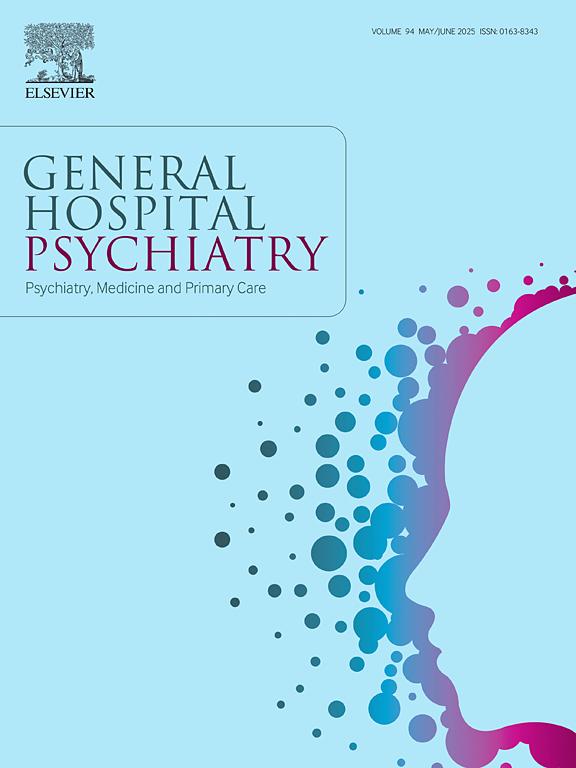Headline
Enrollment in Maryland’s Behavioral Health Homes (BHH) program is associated with fewer emergency department (ED) visits for adults with serious mental illness (SMI).
Background
Maryland’s Medicaid Behavioral Health Home (BHH) program, established through the Affordable Care Act's Medicaid health home waiver, connects eligible individuals with physical and behavioral health care coordination, care management, referrals to community resources, and other supports designed to support preventive and timely care. This study evaluates the effect of the BHH program on emergency department and inpatient admissions.
Findings
This study compared Medicaid claims data for over 3,300 people with SMI enrolled in a BHH to more than 8,900 individuals with SMI who were not enrolled. Controlling for clinical and demographic characteristics, BHH enrollment was associated with statistically significant reductions in the probability of all-cause ED visits (23% for BHH enrollees vs. 26% for non-enrollees) and physical health ED visits (21% vs. 24%) per three-month period. The program showed no significant effect on behavioral health ED visits or on any type of inpatient admissions. Longer enrollment in the BHH program was associated with further reductions in ED visits over time.
Policy/Program Takeaways
Maryland’s Medicaid BHH program demonstrates that BHH and other programs that integrate physical health care coordination into specialty mental health care settings may help reduce ED visits for individuals with SMI. Policymakers and health care providers should consider this approach to improve outcomes for people with SMI.

